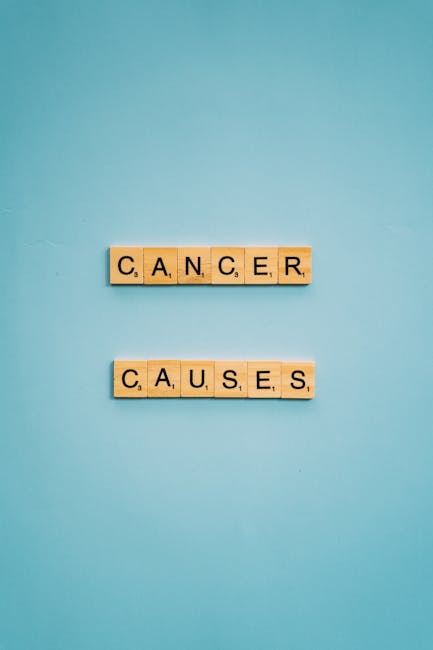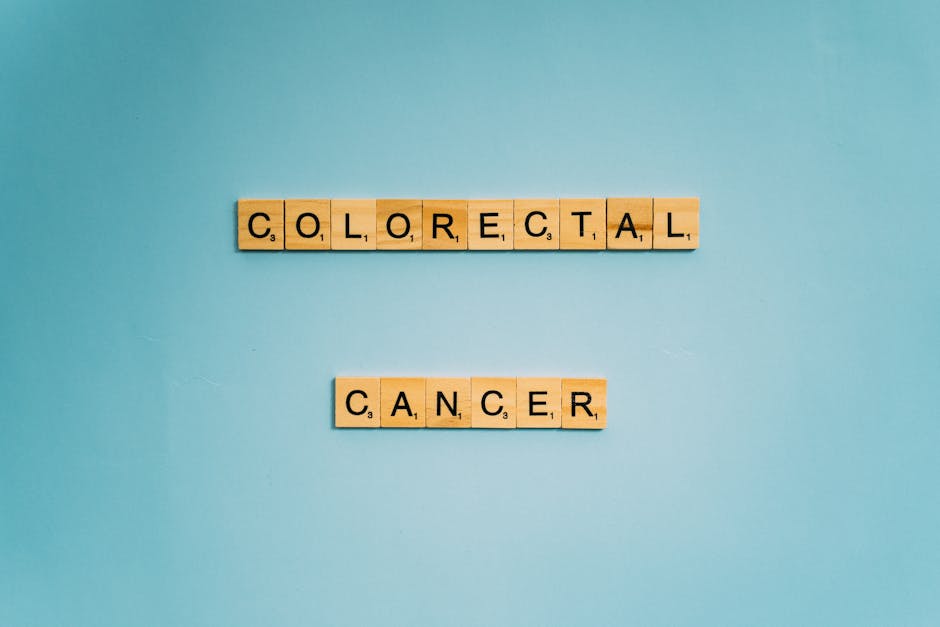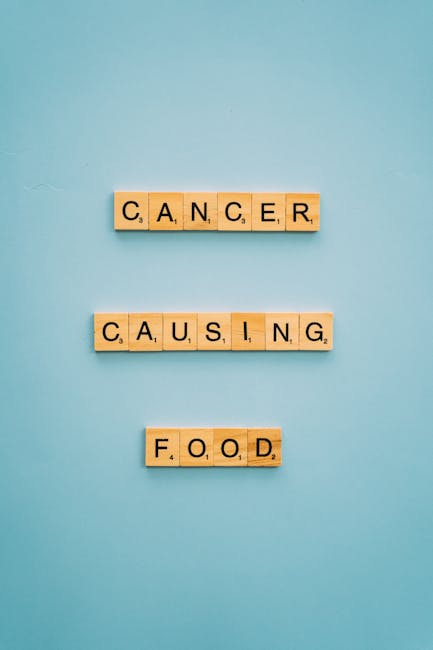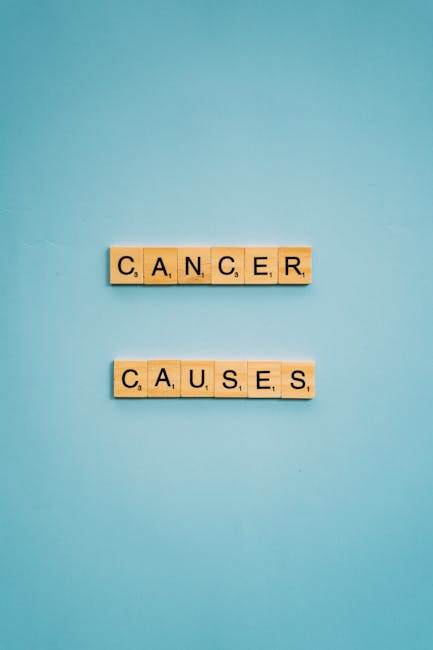Understanding Colorectal Cancer
Colorectal cancer, also known as bowel cancer, is a disease in which cancerous cells form in the colon or rectum. The colon and rectum make up the large intestine, the final part of the digestive system. This cancer is a significant health concern globally, with millions of cases diagnosed each year. Understanding the disease, its risk factors, prevention strategies, detection methods, and treatment options is crucial for early diagnosis and improved outcomes.

Types of Colorectal Cancer
Colorectal cancer is not a single disease but rather encompasses several types, primarily classified by the location of the cancer and the type of cells affected. These include:
- Adenocarcinoma: This is the most common type of colorectal cancer, originating from the glandular cells lining the colon and rectum.
- Squamous cell carcinoma: This type is relatively rare in the colon and rectum.
- Carcinoid tumors: These are slow-growing tumors that originate from neuroendocrine cells in the digestive tract.
- Lymphoma: This involves the lymphatic system and can affect the colon and rectum.
- Sarcoma: These rare tumors originate from the connective tissues of the colon and rectum.
Risk Factors for Colorectal Cancer
Several factors can increase the risk of developing colorectal cancer. While some are modifiable (meaning they can be changed), others are not. Key risk factors include:
- Age: The risk significantly increases with age, with most cases diagnosed in people over 50.
- Family history: A family history of colorectal cancer, particularly in first-degree relatives (parents, siblings, children), increases the risk substantially.
- Personal history of polyps or colorectal cancer: Having a history of adenomatous polyps (precancerous growths) significantly raises the risk.
- Inflammatory bowel disease (IBD): Individuals with long-standing ulcerative colitis or Crohn’s disease have a higher risk.
- Diet: A diet low in fiber and high in red and processed meats is associated with an increased risk.
- Obesity: Being overweight or obese is a significant risk factor.
- Physical inactivity: Lack of regular physical activity increases the risk.
- Smoking: Smoking is linked to a higher risk of colorectal cancer.
- Excessive alcohol consumption: Heavy alcohol use is associated with increased risk.
- Type 2 diabetes: Individuals with type 2 diabetes have a higher risk of developing colorectal cancer.
Symptoms of Colorectal Cancer
Colorectal cancer often presents with subtle symptoms, particularly in its early stages. This is why regular screening is crucial. Symptoms can include:
- Changes in bowel habits: Constipation, diarrhea, or a change in stool consistency.
- Rectal bleeding or blood in the stool: This can range from bright red blood to dark, tarry stools.
- Persistent abdominal discomfort: Cramps, gas, or bloating.
- Feeling that the bowel doesn’t empty completely: This sensation of incomplete evacuation.
- Weakness or fatigue: Unexplained tiredness or loss of energy.
- Unexplained weight loss: Significant weight loss without intentional dieting or exercise.
- Anemia: Anemia can result from chronic blood loss.
It’s crucial to note that many of these symptoms can be caused by other, less serious conditions. However, any persistent or concerning changes in bowel habits should be evaluated by a healthcare professional.
Screening and Detection of Colorectal Cancer
Early detection is key to successful treatment of colorectal cancer. Screening tests aim to identify polyps or cancer before symptoms appear. Common screening methods include:
- Fecal occult blood test (FOBT): This test checks for blood in the stool, which may indicate the presence of polyps or cancer.
- Fecal immunochemical test (FIT): A more sensitive and specific test for detecting blood in the stool.
- Colonoscopy: This is a procedure where a thin, flexible tube with a camera is inserted into the rectum to visualize the colon. Polyps can be removed during a colonoscopy.
- Sigmoidoscopy: Similar to a colonoscopy, but only examines the lower part of the colon.
- Virtual colonoscopy: A less invasive imaging technique using CT or MRI scans to visualize the colon.
The recommended screening schedule varies depending on age, family history, and other risk factors. Consult your doctor to determine the appropriate screening strategy for you.

Treatment of Colorectal Cancer
Treatment options for colorectal cancer depend on several factors, including the stage of the cancer, the location of the tumor, the patient’s overall health, and personal preferences. Treatment approaches typically involve:

- Surgery: Surgery is often the primary treatment for colorectal cancer, aiming to remove the tumor and surrounding tissue.
- Chemotherapy: Chemotherapy uses drugs to kill cancer cells. It may be used before surgery (neoadjuvant chemotherapy), after surgery (adjuvant chemotherapy), or as the primary treatment for advanced cancer.
- Radiation therapy: Radiation therapy uses high-energy radiation to destroy cancer cells. It may be used before or after surgery.
- Targeted therapy: Targeted therapy uses drugs that specifically target cancer cells, minimizing harm to healthy cells.
- Immunotherapy: Immunotherapy helps the body’s immune system fight cancer cells. It’s used for certain types of colorectal cancer.
Living with Colorectal Cancer
A diagnosis of colorectal cancer can be challenging, both physically and emotionally. Support is crucial throughout the treatment journey and beyond. Patients and their families should seek support from healthcare professionals, support groups, and loved ones. Many resources are available to help cope with the challenges of living with colorectal cancer.
Prevention of Colorectal Cancer
While not all colorectal cancer cases are preventable, making lifestyle changes can significantly reduce the risk. Strategies include:
- Maintain a healthy weight: Losing weight if overweight or obese can reduce the risk.
- Eat a high-fiber diet: Include plenty of fruits, vegetables, and whole grains in your diet.
- Limit red and processed meat consumption: Reduce the intake of red and processed meats.
- Engage in regular physical activity: Aim for at least 150 minutes of moderate-intensity aerobic activity per week.
- Don’t smoke: Smoking is a significant risk factor, so quitting is crucial.
- Limit alcohol consumption: Reduce or avoid excessive alcohol consumption.
- Get regular colorectal cancer screening: Follow your doctor’s recommendations for screening.
Conclusion
Colorectal cancer is a serious but treatable disease. Early detection through regular screening and prompt treatment significantly improve outcomes. By understanding the risk factors and adopting healthy lifestyle choices, individuals can reduce their risk of developing this cancer. If you have any concerns about colorectal cancer, consult your healthcare professional for advice and guidance.

